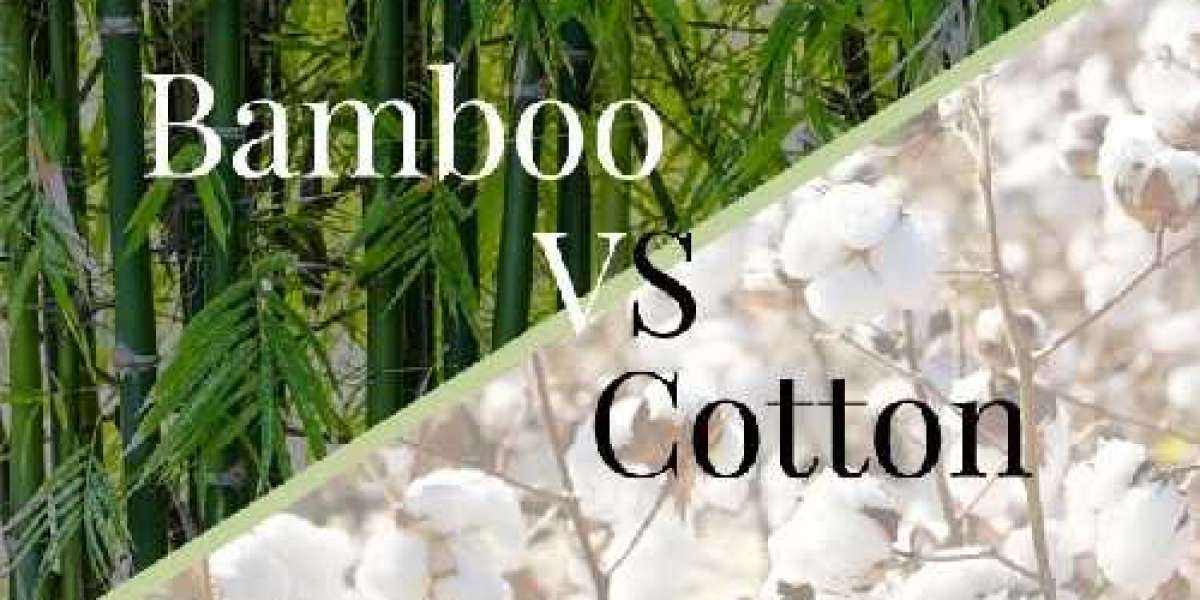When it comes to selecting fabrics for your wardrobe, there are plenty of options to choose from. Two popular choices are bamboo viscose vs cotton. While both have their benefits, understanding the differences between the two can help you make an informed decision.
Bamboo Viscose: What is it?
Bamboo viscose is a fabric made from bamboo pulp. The process of making bamboo viscose involves dissolving the bamboo pulp in a chemical solution, which is then extruded through tiny holes to create fibers. These fibers are then spun into yarn and woven into fabric.
Bamboo viscose has gained popularity due to its softness, durability, and breathability. It is also touted as an eco-friendly alternative to cotton, as bamboo is a renewable resource that requires less water and pesticides to grow.
Cotton: The Classic Choice
Cotton, on the other hand, has been a staple in the textile industry for centuries. It is a natural fiber that comes from the cotton plant. The cotton fibers are harvested, cleaned, and spun into yarn, which is then woven into fabric.
Cotton is a versatile fabric that is comfortable, absorbent, and durable. It is also widely available and comes in a variety of styles and textures.
The Differences Between Bamboo Viscose and Cotton
While both bamboo viscose and cotton have their advantages, there are some differences between the two that may influence your decision.
Softness: Bamboo viscose is often touted as softer than cotton. This is because the fibers are finer and have a smoother texture. However, the softness of bamboo viscose can vary depending on the manufacturing process.
Breathability: Bamboo viscose is known for its breathability, which makes it an ideal choice for warm weather. Cotton is also breathable, but it may not be as effective at wicking away moisture as bamboo viscose.
Durability: Both bamboo viscose and cotton are durable fabrics. However, bamboo viscose may be more prone to pilling and fading over time.
Environmental Impact: While bamboo is a renewable resource that requires less water and pesticides to grow, the manufacturing process for bamboo viscose involves chemicals that can be harmful to the environment if not properly managed. Cotton, on the other hand, is often criticized for its heavy water usage and pesticide use in farming.
Which is Better?
Ultimately, the choice between bamboo viscose and cotton comes down to personal preference. Both fabrics have their advantages and disadvantages, and what works for one person may not work for another.
If you prioritize softness and breathability, bamboo viscose may be the way to go. However, if you prefer a classic fabric that is widely available and durable, cotton may be the better choice.
In the end, it's important to consider your own needs and preferences when choosing fabrics for your wardrobe. With so many options available, you're sure to find the perfect fit for you.



